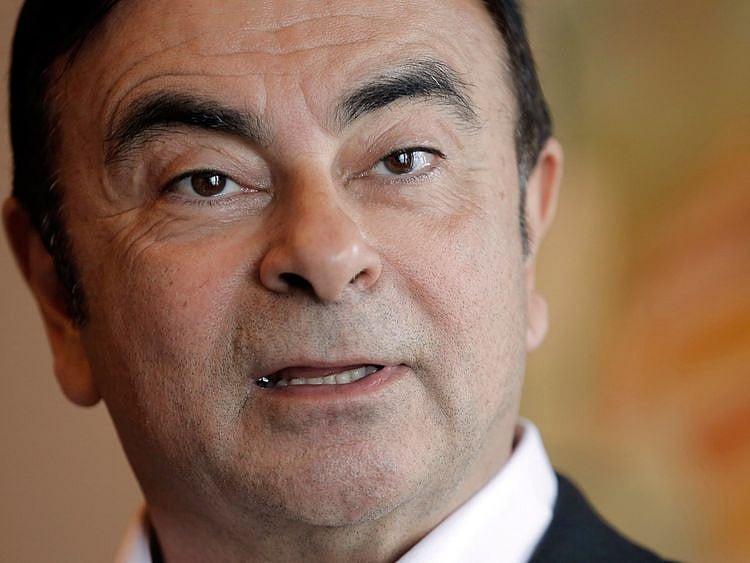Also In This Package
Tokyo: Carlos Ghosn, the fallen head of the Nissan-Renault auto alliance, didn’t know much about making movies, but he seemed willing to learn.
Sitting in his rented home in a wealthy Tokyo neighborhood one day in December, he walked John Lesher, a Hollywood producer behind the Oscar-winning 2014 Michael Keaton film, “Birdman,” through the plot of his own story, describing what he sees as his unjust imprisonment by Japanese officials and his struggle to prove his innocence, said people familiar with the discussions.
The theme was redemption. The villain was the Japanese justice system.
The talks were preliminary and did not get far, the people said.
And in any case, Ghosn was preparing to deliver a shocking plot twist.
Ghosn, who was facing a trial later in 2020, fled Japan for Lebanon this week, avoiding criminal charges of financial wrongdoing.
All the elements of a Hollywood-style thriller are there: a private plane whisking a fugitive into the sky, multiple passports, rumors of shadowy forces at work and people in power denying they knew anything about it.
Insight into Ghosn's thinking
Ghosn’s conversations with Lesher could offer a glimpse into his thinking in the days before his escape from a country that had kept him under heavy surveillance for months.
Prosecutors had accused Ghosn of underreporting his compensation and temporarily shifting his personal financial losses onto Nissan’s books, and a court had let him out of jail on bail totaling $13.8 million.
As proceedings dragged on, Ghosn studied the cases of prominent defendants who had fought Japan’s intractable justice system.
He became convinced that he could never get a fair trial in Japan, with its 99% conviction rate, people who know him say.
Authorites try to piece together his escape
Authorities around the world are only beginning to piece together the details of his escape.
Officials in Turkey detained seven people who they believe helped Ghosn flee, according to Turkish news outlets, including the state-run Anadolu news agency.
He left Japan late Sunday aboard a business jet from Osaka to Istanbul Ataturk Airport, where he boarded a second plane and flew to Beirut, they reported.
Also, Interpol put out a “red notice” on Ghosn, a Lebanese official said. Such an alert, akin to a wanted poster, is issued for individuals wanted for prosecution or to serve a sentence.
Four of the seven people detained in Turkey were pilots employed by a private aviation company, two were employees of a company that provides ground services to aircraft, and one was a manager of a private cargo company, according to the Turkish reports.
Once in Beirut, Ghosn met Lebanon’s president, Michel Aoun, and spoke to him about his legal issues, according to a person with knowledge of the meeting who requested anonymity because the person was not authorized to discuss it.
Aoun has denied the meeting.
In Japan, official silence continued as authorities appeared to be looking for answers.
On Thursday afternoon, Japanese prosecutors raided Ghosn’s two-story house in an attractive enclave of central Tokyo, just doors down from the home of billionaire SoftBank founder Masayoshi Son.
Ghosn’s Japanese defense lawyers said they had been holding his French, Lebanese and Brazilian passports.
But Japanese national broadcaster NHK, citing anonymous sources, reported that a judge had allowed Ghosn to carry around a copy of his French passport in a locked case.
It is not clear exactly when Ghosn began planning his escape. But his meeting with Lesher was one of several that he had during his last months in Tokyo as he contemplated the ending to the story of his fight against the Japanese justice system. In discussions, he wondered whether a movie could make him more sympathetic.
Sign up for the Daily Briefing
Get the latest news and updates straight to your inbox
Network Links
GN StoreDownload our app
© Al Nisr Publishing LLC 2026. All rights reserved.
